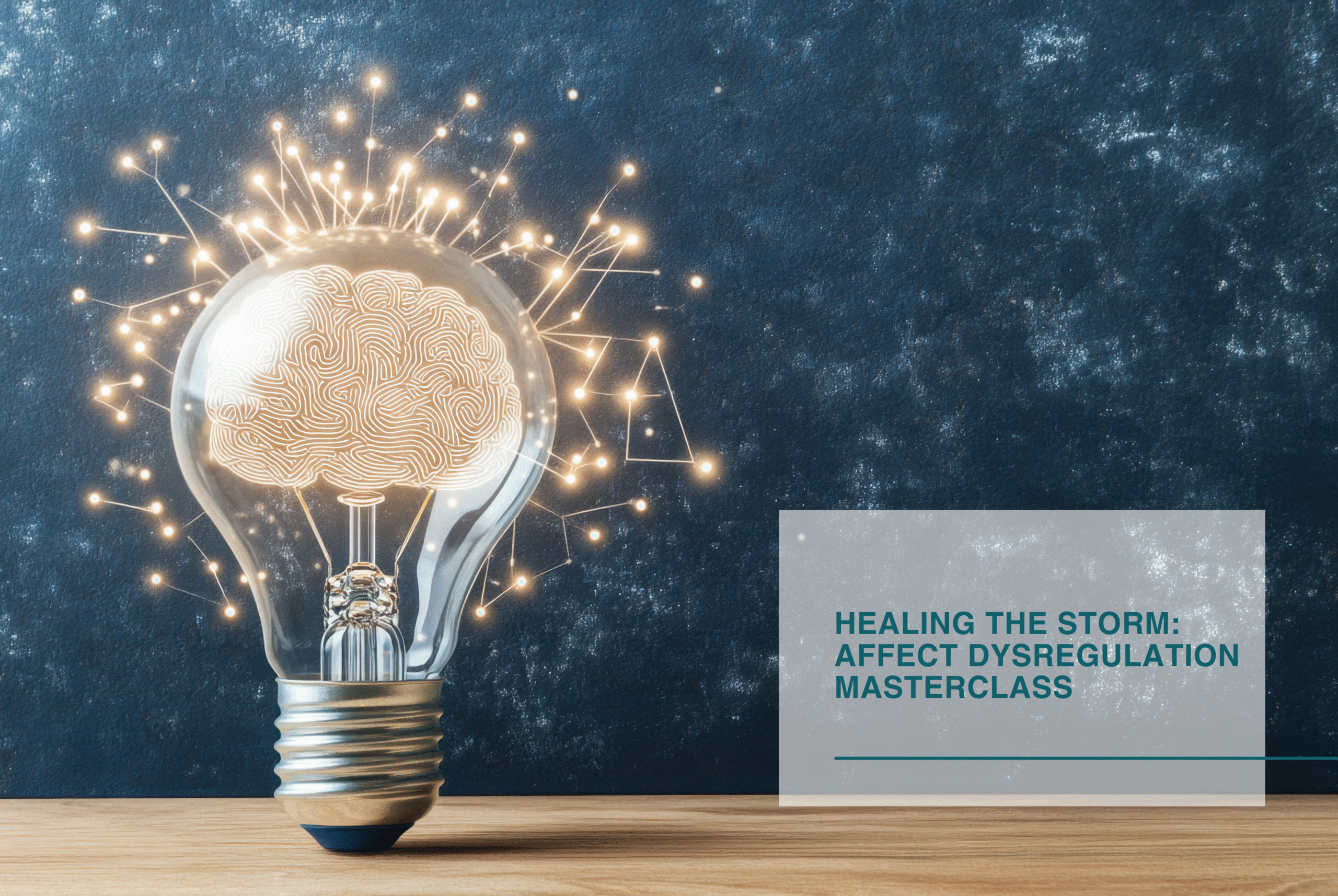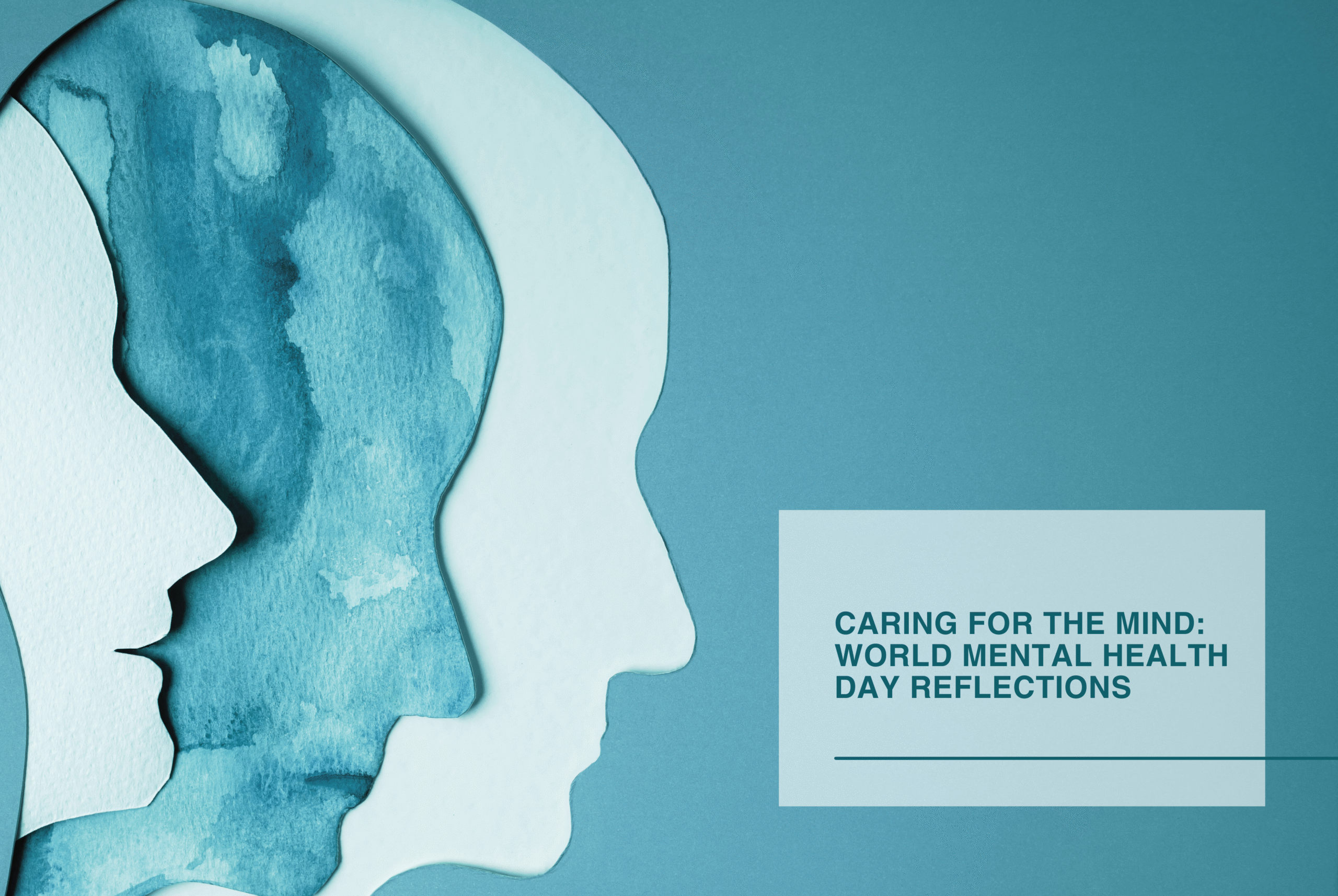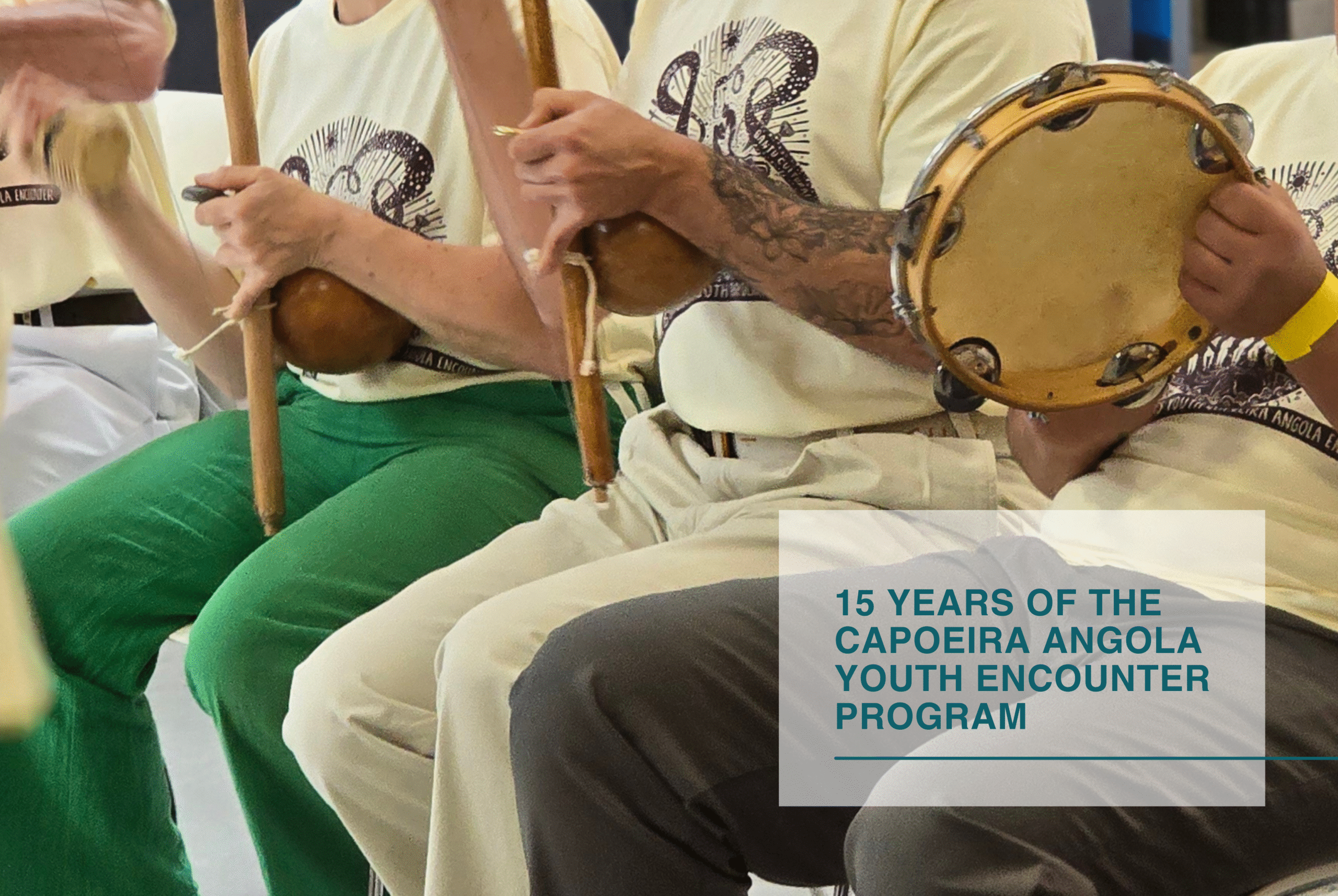Healing the Storm: Affect Dysregulation Masterclass

Affect Dysregulation is more than a concept—it’s a practical framework for clinicians who want to deepen their understanding of trauma’s impact on the nervous system and enhance their ability to help survivors recover.
For professionals working with refugees and asylum seekers, emotional regulation is often the core therapeutic challenge. Years of displacement, loss, and threat can leave the nervous system in a constant state of hyperarousal. What may look like emotional volatility or withdrawal is, in fact, the body’s attempt to survive.
To address these complex presentations, STARTTS is proud to present the Clinical Master Class: “Healing the Storm – Integrative Approaches to Affect Dysregulation in Refugee Trauma.” This exclusive training event brings together two leading clinicians—Alexandra Wilson and Demiana Willing—to share integrative, evidence-based approaches for working with clients who experience trauma-related affect dysregulation.
Why This Masterclass Matters
Refugee trauma doesn’t simply cause distress—it reshapes how the brain and body process emotion, safety, and connection. When the nervous system remains trapped in survival mode, clients may struggle with intense emotions, dissociation, or chronic anxiety. Standard cognitive interventions alone are rarely sufficient.
This is why an integrative trauma therapy approach is so powerful. It weaves together multiple levels of intervention—psychological, emotional, and physiological—to restore balance and regulation. The upcoming STARTTS masterclass gives mental health professionals the knowledge and tools to implement this integrative model in practice.
Participants will learn how to:
- Understand affect dysregulation as a neurobiological survival response, not pathology.
- Integrate DBT-informed strategies to teach clients distress tolerance and emotion regulation skills.
- Use neurofeedback therapy to stabilise the nervous system and enhance therapeutic engagement.
- Apply a biopsychosocial lens to refugee trauma treatment—addressing the body, brain, and environment simultaneously.
Understanding Affect Dysregulation
Affect dysregulation lies at the heart of post-traumatic suffering. After prolonged exposure to danger, the brain’s alarm system becomes hypersensitive. Clients live in a state of heightened alert, easily triggered by reminders of past threat.
For many refugees, this state of arousal has helped them survive unimaginable circumstances. Yet once in safety, those same survival mechanisms interfere with daily functioning, relationships, and emotional well-being.
Recognising this is crucial for clinicians. The moment we understand dysregulation as the body’s attempt to cope, we can shift our therapeutic stance from control to compassion. This is where the integrative approach begins—by acknowledging that behaviour is communication, and that healing requires working with the nervous system, not against it.
Integrating DBT: Building Capacity and Resilience
One of the most effective frameworks for teaching regulation skills is Dialectical Behaviour Therapy (DBT). DBT’s structured approach offers practical tools to manage emotional extremes without avoidance or harmful reactions.
In this masterclass, Alexandra Wilson, Accredited Mental Health Social Worker and Director of the Central Coast DBT Centre, will unpack how DBT-informed interventions can be adapted for trauma and refugee contexts.
She will demonstrate how clinicians can:
- Teach clients to ride the wave of emotion using distress tolerance skills.
- Validate and normalise survival-driven behaviours to reduce shame.
- Build a therapeutic relationship that becomes a safe container for emotional learning.
Wilson’s session will guide participants through both conceptual understanding and hands-on application, ensuring clinicians leave with practical skills to implement immediately in their work.
Neurofeedback: Calming the Storm at Its Source
While DBT focuses on behavioural and emotional regulation, Neurofeedback Therapy addresses trauma at the physiological level. It trains the brain to self-regulate, improving emotional stability and cognitive flexibility.
Demiana Willing, Registered Psychologist and STARTTS Neurofeedback Counsellor, will present a detailed clinical case study illustrating how neurofeedback can transform the treatment process for clients with complex trauma histories.
In refugee populations, where trauma is multi-layered and often compounded by ongoing stressors, neurofeedback offers a gentle yet powerful method to help clients regain control over their nervous system. When the body and brain are calmer, engagement in talk therapy and other modalities becomes easier and more effective.
Willing’s presentation will also show how neurofeedback can be seamlessly integrated with existing therapeutic approaches—creating a synergistic model that enhances outcomes and fosters resilience.
From Survival to Stability
The essence of integrative trauma therapy lies in moving clients from survival to stability. By combining top-down (cognitive and emotional) and bottom-up (physiological) strategies, clinicians can support clients in rebuilding their internal sense of safety and control.
This process takes time, compassion, and clinical precision. It also requires practitioners who understand the interplay between the brain, body, and environment—a key focus of STARTTS’ training philosophy.
Through the Healing the Storm Masterclass, clinicians will gain both conceptual clarity and practical skills to confidently address affect dysregulation in their clients. The training is designed to equip professionals with tools they can apply immediately, while deepening their understanding of the neurobiology of trauma.
Who Should Attend
This masterclass is designed for:
- Psychologists, social workers, counsellors, and psychotherapists
- Trauma and mental health specialists working with refugees or asylum seekers
- Students and early-career professionals seeking to expand their trauma toolkit
- Anyone interested in neurobiologically informed approaches to recovery
By attending, participants will not only enhance their clinical competence but also join a community of professionals committed to healing trauma through compassion, innovation, and evidence-based practice.
Join the Masterclass and Heal the Storm
Trauma recovery begins with understanding, but it succeeds through integration. The Healing the Storm Masterclass will take place on the 12 of November offering an opportunity to deepen your professional insight and expand your practical skills in one of the most complex areas of mental health.
👉 Register now: https://www.startts.org.au/training/live-webinars/treating-affect-dysregulation-webinar


